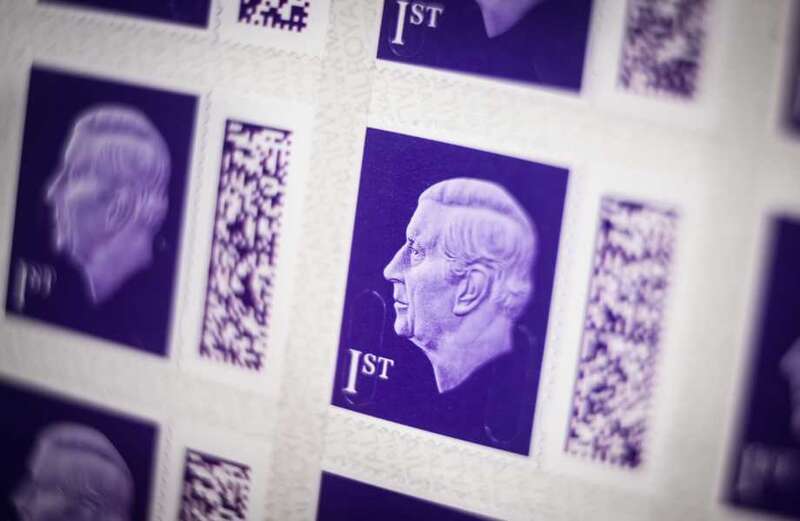ROYAL MAIL has said it will increase the price of stamps again next month.
The delivery giant said the price of first-class stamps will increase by 10p to £1.35 and second-class stamps will increase by 10p to 85p.

A year ago, a first-class stamp cost 95p before being hiked to £1.10 in April 2023, before another 15p increase in October last year.
The increase comes after warnings by the loss-making firm over the impact of higher costs and lower demand for letters.
Royal Mail said the price increase will come into force on April 2.
 How to tackle thorny first date subjects… and why you should watch the waiter
How to tackle thorny first date subjects… and why you should watch the waiter
Last year, industry regulator Ofcom said increases to the price of second-class stamps would be capped at the rate of inflation until 2029 in an effort to keep the sending of letters affordable.
Nick Landon, chief commercial officer at Royal Mail, said: “We always consider price changes very carefully, but we face a situation where letter volumes have reduced dramatically over recent years while costs have increased.
“It is no longer sustainable to maintain a network built for 20 billion letters when we are now only delivering seven billion.
“As a result of letter volume decline, our posties now have to walk more than three times as far to deliver the same number of letters as before, increasing the delivery costs per letter.”
Citizen's Advice responded to the news and said that the price of a first class stamp has more than doubled since 2019.
Morgan Wild, interim director of policy at Citizens Advice, said: “Royal Mail is choosing to hike prices at a time when millions are left waiting for letters - vital medical appointments, legal documents and benefit decisions - all thanks to post delays. Nobody should be paying more for an unreliable service.
“Ofcom should be holding Royal Mail to account, but it’s letting the company get away with rocketing prices and nearly half a decade of missed delivery targets. Enough is enough, it's time for the regulator to act.”
It comes after the Royal Mail raised the price of first class stamps from £1.10 to £1.25 on October 2.
The stamps can be bought individually if you buy it at a Post Office counter.
Otherwise, you can typically buy them in sets of multiple stamps.
 Secret way Tesco staff bag freebies & it’ll have you desperate to work there
Secret way Tesco staff bag freebies & it’ll have you desperate to work there
The Royal Mail charges more for first class stamps as they ensure your letter gets to its destination faster.
Generally, a letter with a first class stamp on it will arrive at the intended address the next working day.
Meanwhile, it takes up to three working days for second class items to arrive.
Depending on the size of your letter, you may have to pay more for a first or second class stamp.
It comes after the Royal Mail ousted old-style stamps and replaced them with barcoded ones in July.
The business said the move would make letters more secure.
Anyone who still has these old-style stamps and uses them may have to pay a surcharge.
Ofcom has said the Royal Mail could be allowed to cut its letter deliveries to five days a week or three, as it warned the UK postal service risked becoming “unsustainable” without reform.
Royal Mail, which is owned by International Distributions Services (IDS), recorded a £419 million loss in its previous financial year, while it was also fined £5.6 million last year for failing to meet its delivery targets.
Do you have a money problem that needs sorting? Get in touch by emailing Sun Money Chats and Tips Facebook group to share your tips and stories.


































